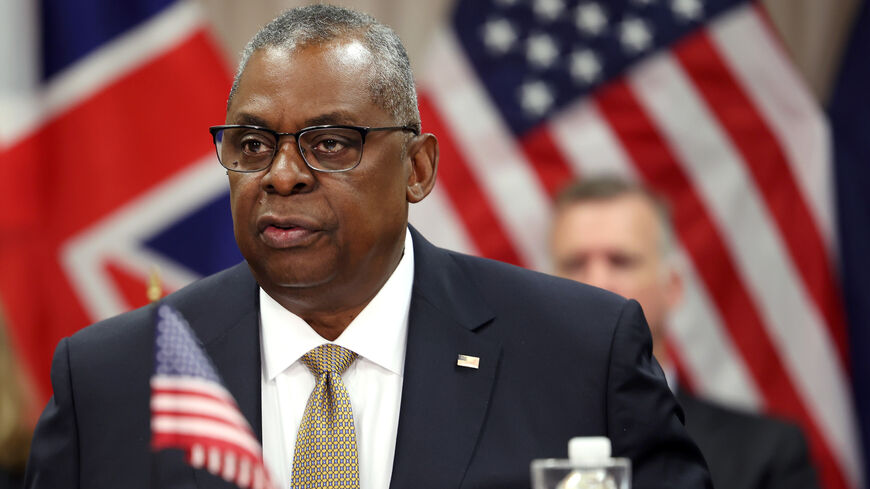WASHINGTON — US Defense Secretary Lloyd Austin will visit Israel, Jordan and Egypt next week, as the Biden administration seeks to coordinate with regional leaders as tensions rise once again with Iran.
Austin’s is set to arrive in Jordan on Sunday, then head to Egypt, and conclude the trip in Israel on Thursday. His visit marks his second diplomatic tour of the Middle East as defense secretary, a tenure that has thus far focused on beating back Russia’s war of aggression in Ukraine while outmaneuvering China’s expanding influence in the Pacific.
Much of Austin’s trip will be based out of Jordan, a staunch US ally buffeted in recent years by troubling economic headwinds and palace intrigue.
In Israel, the Pentagon chief is expected to emphasize Washington’s commitment to the country’s security in the face of continued threats by Iran, while driving home the dangers of further escalation between Israeli forces and Palestinian militant groups in the West Bank.
And in Egypt, Austin will be greeted by military leaders who have been all but absolved by US policymakers over their role in the country’s 2013 coup, thanks in part to their efforts to maintain uneasy truces in neighboring Libya and Gaza.
Why it matters: Austin’s trip aims to further assuage Middle Eastern leaders’ doubts over the Biden administration’s commitment to the region’s security needs following increased scrutiny on arms sales and US military drawdowns in Afghanistan and the Persian Gulf.
The defense chief’s visit also comes after more than two years of diplomacy with Iran failed to produce a mutual return to the 2015 international agreement — the Joint Comprehensive Plan of Action, or JCPOA — limiting Tehran’s nuclear enrichment.
The UN’s nuclear watchdog agency detected trace amounts of uranium enriched to nearly 84% purity — just shy of weapons-grade levels — at one facility in late January.
Iran’s government initially denied the charge and then back-peddled, arguing the minuscule trace amounts could have been accidentally produced as a byproduct of the enrichment process. Iran’s government said it has otherwise not enriched uranium stockpiles beyond 60%.
CIA director Bill Burns reiterated last week that US intelligence believes Iran’s leader has not decided to pursue a nuclear weapon.
Iran has long maintained its nuclear enrichment is for peaceful purposes but has continued to enrich uranium stockpiles as leverage over the West since the United States unilaterally walked out of the 2015 nuclear deal in 2018.
The United States and Israel have consistently warned Iran not to approach weapons-grade purity levels. Last month, the two countries executed their largest military exercises ever together, culminating in long-range precision airstrikes utilizing US heavy bombers in what experts and former officials described as an unmistakable warning to Iran.
The Biden administration is leaving the door to diplomacy open, however, even as officials continue to hint that a military response remains on the table to prevent Tehran from ever obtaining a nuclear weapon.
What’s next: Austin is scheduled to depart the United States on Saturday. His trip may include additional stops in the region, though US officials have yet to publicly confirm.
Know more: Read Jared Szuba’s in-depth report on the Pentagon’s concerns that Iran’s increasing alignment with Russia due to the war in Ukraine could unsettle the delicate balance of power in Syria.







